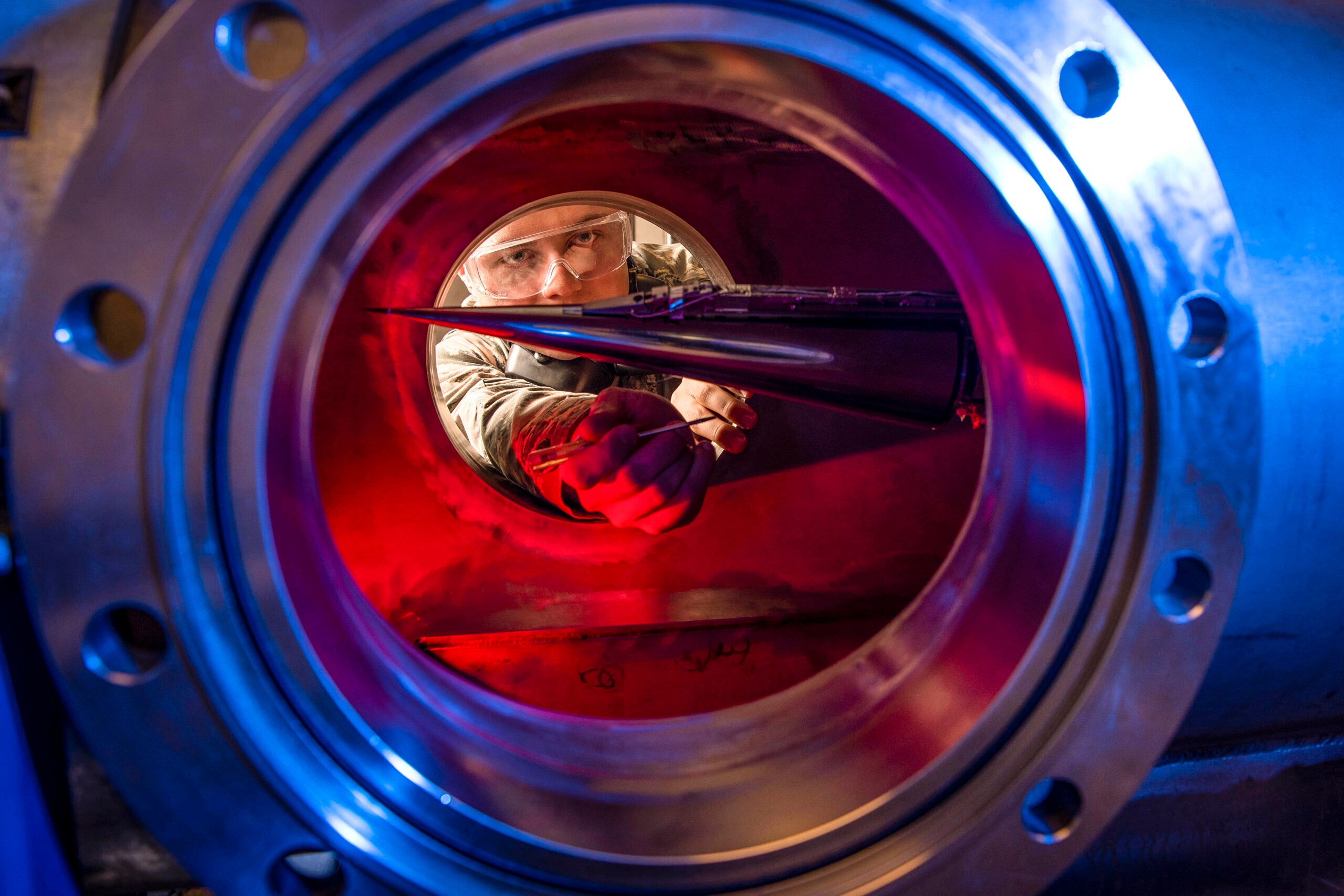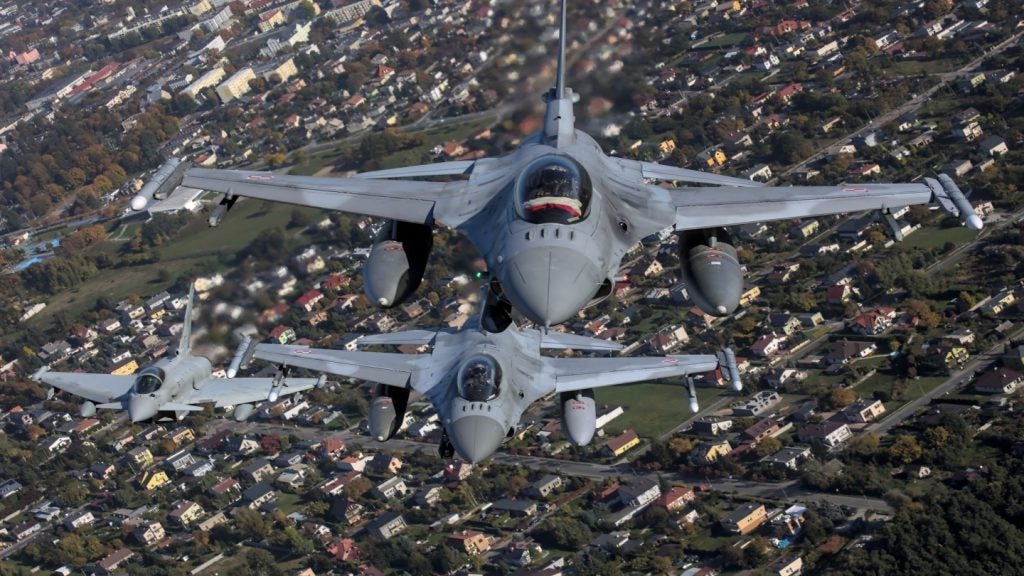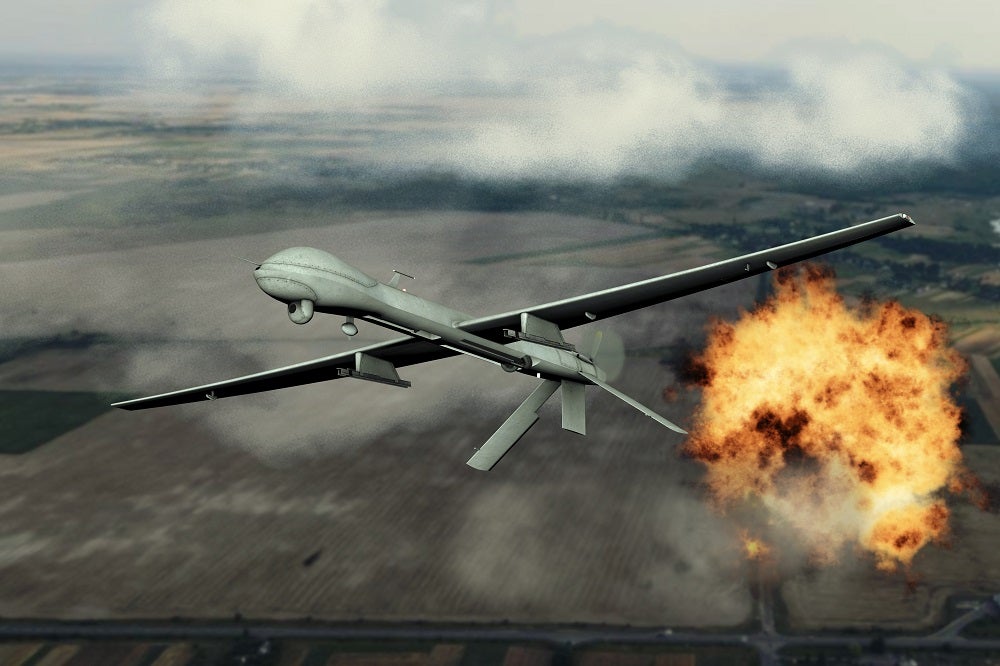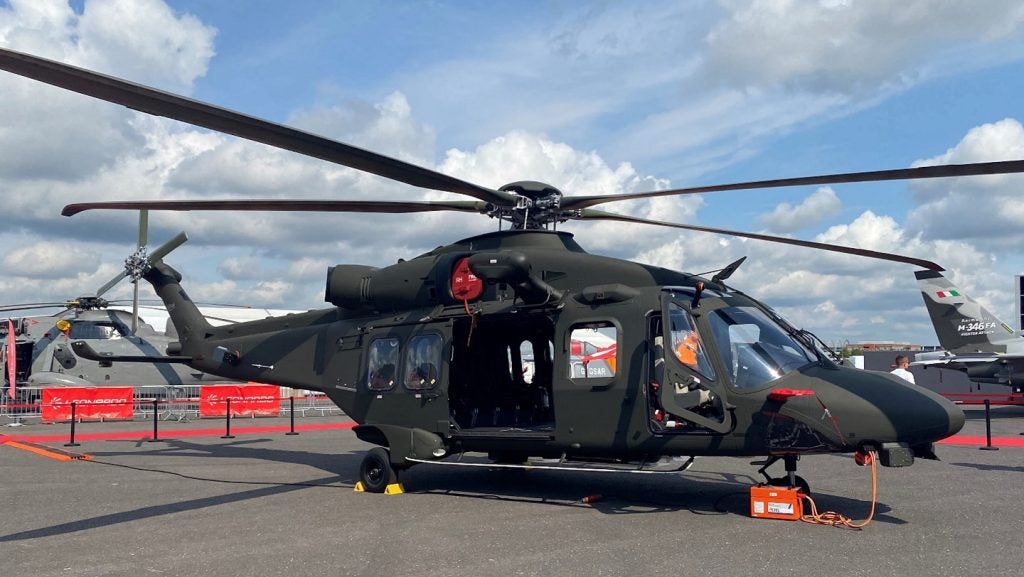
The US Department of Defense (DoD) has selected four universities to conduct applied research in support of advanced hypersonic technology.
The awardees include the University of Virginia (UVA), Texas A&M Engineering Experiment Station (TEES), the University of Alabama in Huntsville (UAH), and Florida International University (FIU).
All four universities have each received $500,000 for conducting one year of research.
This research is being carried out as part of the DoD’s University Consortium for Applied Hypersonics (UCAH), which is funded by the Joint Hypersonic Transition Office (JHTO).
Under the latest award, TEES will develop navigation systems to maintain the stability of the feedback control system in hypersonic vehicles.
Applying the multi-physics modelling approaches, TEES’ researchers will identify and characterise the drift of navigation sensors working in degraded environments.
How well do you really know your competitors?
Access the most comprehensive Company Profiles on the market, powered by GlobalData. Save hours of research. Gain competitive edge.

Thank you!
Your download email will arrive shortly
Not ready to buy yet? Download a free sample
We are confident about the unique quality of our Company Profiles. However, we want you to make the most beneficial decision for your business, so we offer a free sample that you can download by submitting the below form
By GlobalDataTEES will conduct this research in collaboration with Pennsylvania State University, Texas A&M University (TAMU), Ohio State University (OSU), Sandia National Laboratories, University of Michigan, and Boeing.
The work undertaken by UVA involves developing a scramjet system improvement to allow hypersonic vehicles to operate in various flight conditions.
This research will be supported by the University of South Wales, OSU, University of Arizona, Air Force Research Laboratory (AFRL), FGC Plasma Solutions, and Lockheed Martin.
The team will investigate parameters enabling nanosecond discharge to improve ignition and stabilise flame holding at a high Mach number range.
The UAH’s work includes designing and developing concepts and technologies to support hypersonic vehicles in attaining accurate velocities and altitudes for missions.
The associated experiments will be conducted at UAH Propulsion Research Centre, in partnership with CFD Research.
Meanwhile, FIU will be responsible for presenting a solution to monitor the health and status of hypersonic aeroshells.
It will be supported by the University of Rhode Island, and Raytheon Technologies Research Centre.







